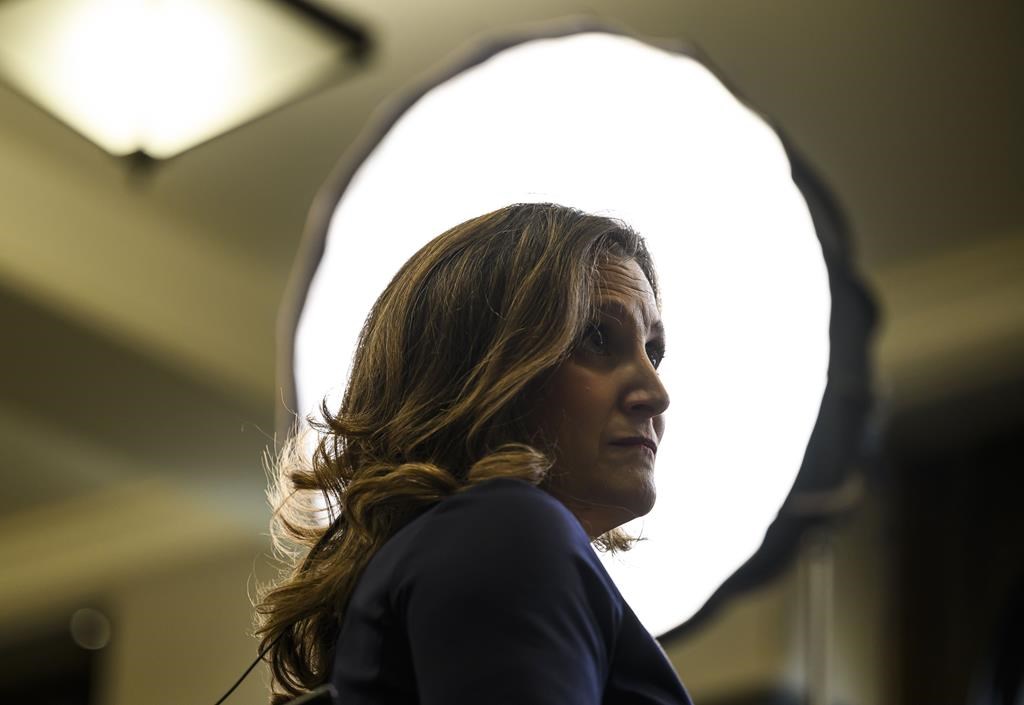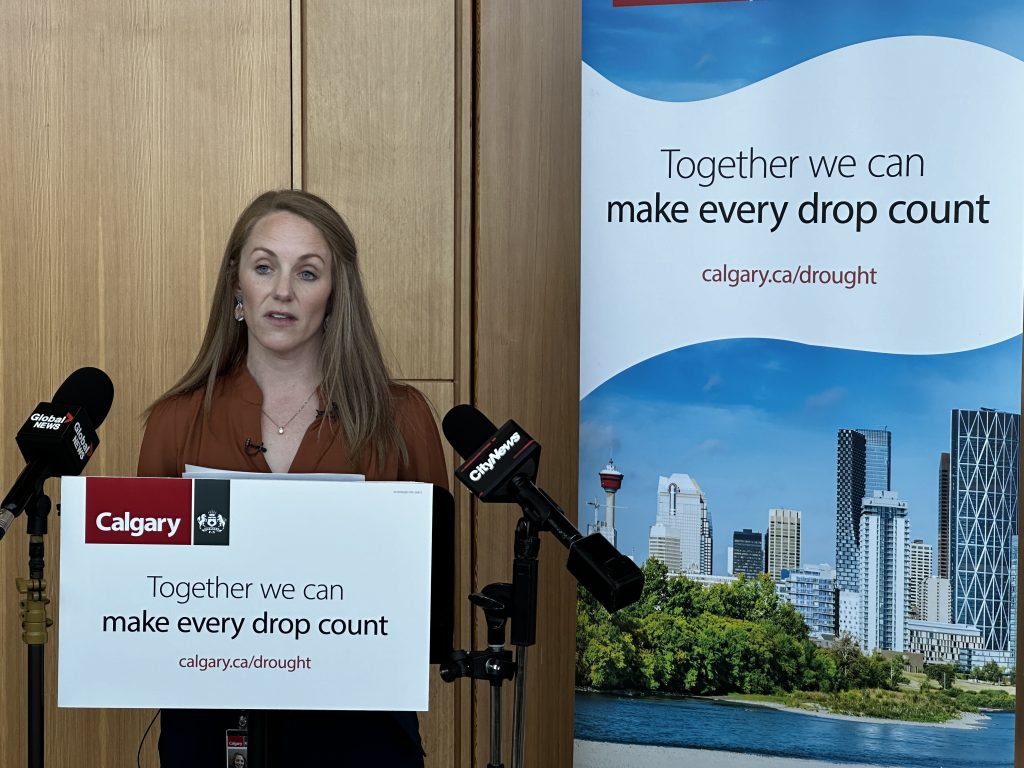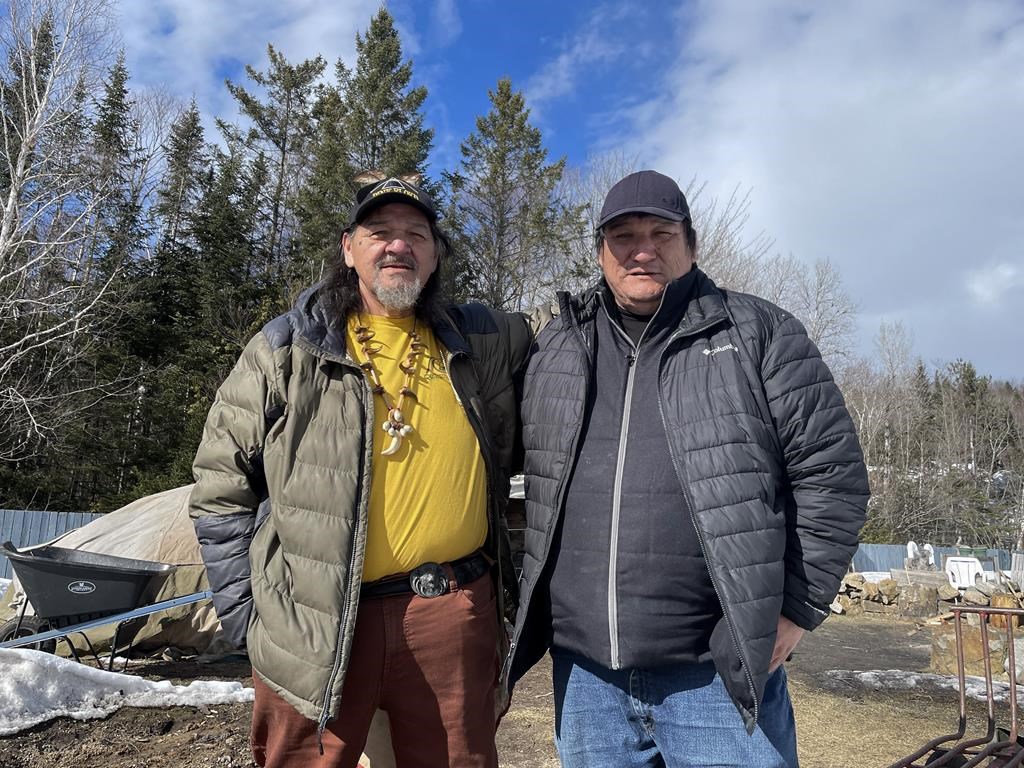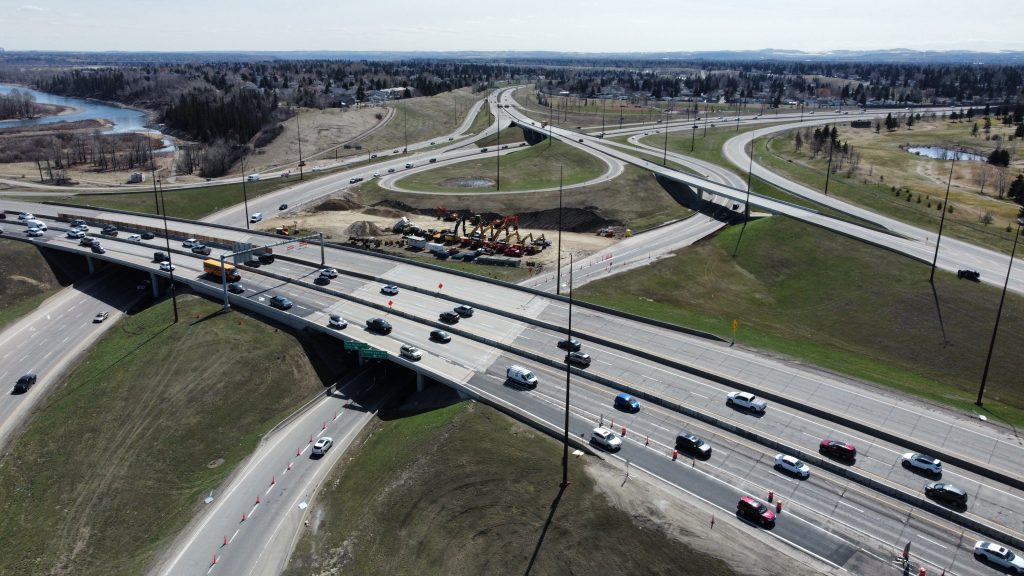Park the Ebola blame, MFS president urges, saying it detracts from critical work
Posted Oct 22, 2014 6:39 am.
This article is more than 5 years old.
TORONTO – The international president of Medecins Sans Frontieres says it’s time to move on from the process of blame-laying for the globe’s disastrously slow response to the West African Ebola outbreak.
Montrealer Dr. Joanne Liu said the world should be focused on fixing the problem, rather than figuring out who is at fault for the fact that the global community failed to grasp how bad this outbreak would become.
“I think that we need to move away from finding a scapegoat for the fact that we got where we are, because there’s a lot of attention towards (that) and I don’t think it’s constructive attention,” Liu said in an interview from MSF’s Geneva headquarters.
“I think that where we have to focus our attention today is bringing an answer to West Africa, to contain the epidemic in the highly infected countries and to prevent repeating that history in the neighbouring countries and increasing the emergency preparedness (in the region).”
“This is where we should concentrate our efforts and our lobbying and our advocacy right now.”
Liu was referring to an internal World Health Organization document that The Associated Press and Bloomberg obtained last week. The report — which the WHO later said was preliminary and had not yet been fact-checked — painted a damning picture of the agency’s own initial response to the outbreak.
This outbreak is more than 20 times larger than the previous largest known Ebola outbreak. The case total to date — more than 9,200, with over 4,555 deaths — is more than three times larger than the total number of infections in all previous outbreaks combined.
Liu said that help has been arriving in the region, with American military personnel conducting assessments and other non-governmental organizations moving in to open or take over Ebola treatment centres.
But she said the work of delivering on promises is slow. “We know that it takes six to eight weeks to deliver.”
Her organization is pressing governments to make good on pledges made after the special meeting of the UN Security Council on Ebola in September. MSF — also known as Doctors Without Borders — is reminding pledgers that in the weeks it takes to translate a promise into a treatment bed, the problem on the ground has continued to deteriorate.
“We really well know that when those pledges were made in September, they were tailored to the needs of that time. And the situation is dynamic and evolving,” Liu said.
“And most likely we’re still going to be running after a train that is moving forward, but we will not have jumped yet on the train to stop it.”
A big unknown, she suggested, is how some of the new treatment centres that are being built will be staffed, and who will train the staff in how to safely function in an Ebola treatment milieu. Everyone with capacity to do this type of training will have to help, she said, adding MSF — known for its rigorous training and its excellent safety track record — is looking at how it can help.
Up until this outbreak, no international medical personnel working on an MSF-directed Ebola response had ever contracted the disease. So far this outbreak two MSF international staff — a French nurse and a Norwegian doctor — have become infected. Both survived.
MSF currently has a team in Ivory Coast helping that country prepare to treat Ebola patients if the outbreak spreads and looking to see if, in fact, that spread has already taken place. The organization has had concerns that may be the case.
The team will return to Geneva next week, Liu said. “We are waiting impatiently to find out what they’ve seen and what are their concerns.”
Liu said it is too soon to tell whether the expansion of the international response is having any impact on the scale of the outbreak. MSF is seeing a decrease in cases in some locations. But deceptive lulls have been seen at other points in the epidemic; they have been followed by explosions of new cases.
“Right now it’s very difficult to say if it’s improving or not improving. But my gut feeling is right now, we don’t have any marked reference points to say that it is markedly improving. … We’re not there yet.”
Follow @HelenBranswell on Twitter.










